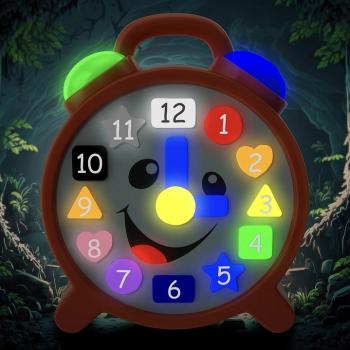Yet, let us not get carried away! This first meeting reveals nothing of Rachel's beauty and nothing of Jacob's passionate response to her. He lifts the huge stone off the well and waters Laban's flock because of "seeing" Rachel and of "seeing" her flock. The Grabber we know is hardly one to be swept away so much by immediate emotion that he is not able to see what is available for him to grab! Both Rachel and her flock pump the adrenalin into his limbs that enable him to heave the stone off the well, against the local custom, and to water her flock. Finally, Grabber rushes to Rachel and kisses her, revealing to her just who he is, but only after he has proven his prowess at the well, and only after he has gazed longingly at the great flock of Laban.
Laban is soon told of the appearance of this son of his sister, Rebekah, and shouts a further telling phrase: "You are surely my bone and my flesh!" (Gen. 29:14). He means more than they are just related; they are in fact two peas in a tricky pod, one trying to best the other the very minute they meet!
And the trickery wastes no time beginning. At Genesis 29:15 Whitey says expansively that just because Grabber is related to him is no reason that he should not be paid for his work with the flocks and herds. Whitey has two daughters, an elder named Leah and the younger, whom we have already met, named Rachel. The description of the two girls has generated vast reams of commentary. "The eyes of Leah were raccoth, while Rachel was graceful and beautiful to see" (Gen. 29:17). It seems clear that the sentence suggests a contrast between the two girls, the one simply better looking than the other. But the meaning of raccoth is difficult; the translation of the NRSV "lovely" seems ill advised. Grabber is apparently "grabbed" by Rachel's charms, but his attraction to Leah is somewhat tempered for some reason. The important fact, of course, is that the first-born will be supplanted by the younger, just as has just occurred in the story of Jacob and Esau. But first there is a hilarious trick to be observed.
Whitey obviously sees that Grabber wants to marry his Rachel, but says absolutely nothing to him about the custom that the older daughter must marry first. Still, he offers Rachel to Grabber in exchange for seven (!) years of farm labor. Yet, to the romantic Grabber "they seemed to him only a few days, because of the love he had for her" (Gen. 29:20). And the size of those flocks doesn't hurt either!
At the end of the seven years, a great marriage feast is arranged at the end of which a veiled woman is thrust into Grabber's tent. One can imagine Whitey and his cronies watching carefully the flap of the tent as the sun rises on the morning after the wedding night. "It was Leah," the text drily says! "What in the world have you done to me?" whines Grabber. "Did I not work for you for Rachel? Why then have you tricked me?" (Gen. 29:25) Fine words from the great trickster himself! So, what goes around in fact here does come around.
But as we read on in the story, Grabber will again gain the upper hand when he makes Whitey rich while vastly more enriching himself, finally leaving Haran with both of Whitey's daughters, eleven children, and the very best of all his flocks and herds. But does Grabber get the last laugh? Not really. At the end of the story, years later in Egypt, his own sons trick him cruelly about food and grain and his own favorite son, Joseph.
Any moral here? Perhaps not. The stories are about tricksters, card-sharks, less than honest used car salesmen. So it is with the founders of Israel; they are not models for us to emulate. They are rather like us, always ready to get even, always concerned to get the best stuff, always interested in the way to save their own skin. The moral is not: "Be like Jacob!" It is rather "You are like Jacob and Laban and Rebekah." And without the YHWH who chooses you to do a divine work, you would never be anything more than a Grabber, concerned far more for self than God.





